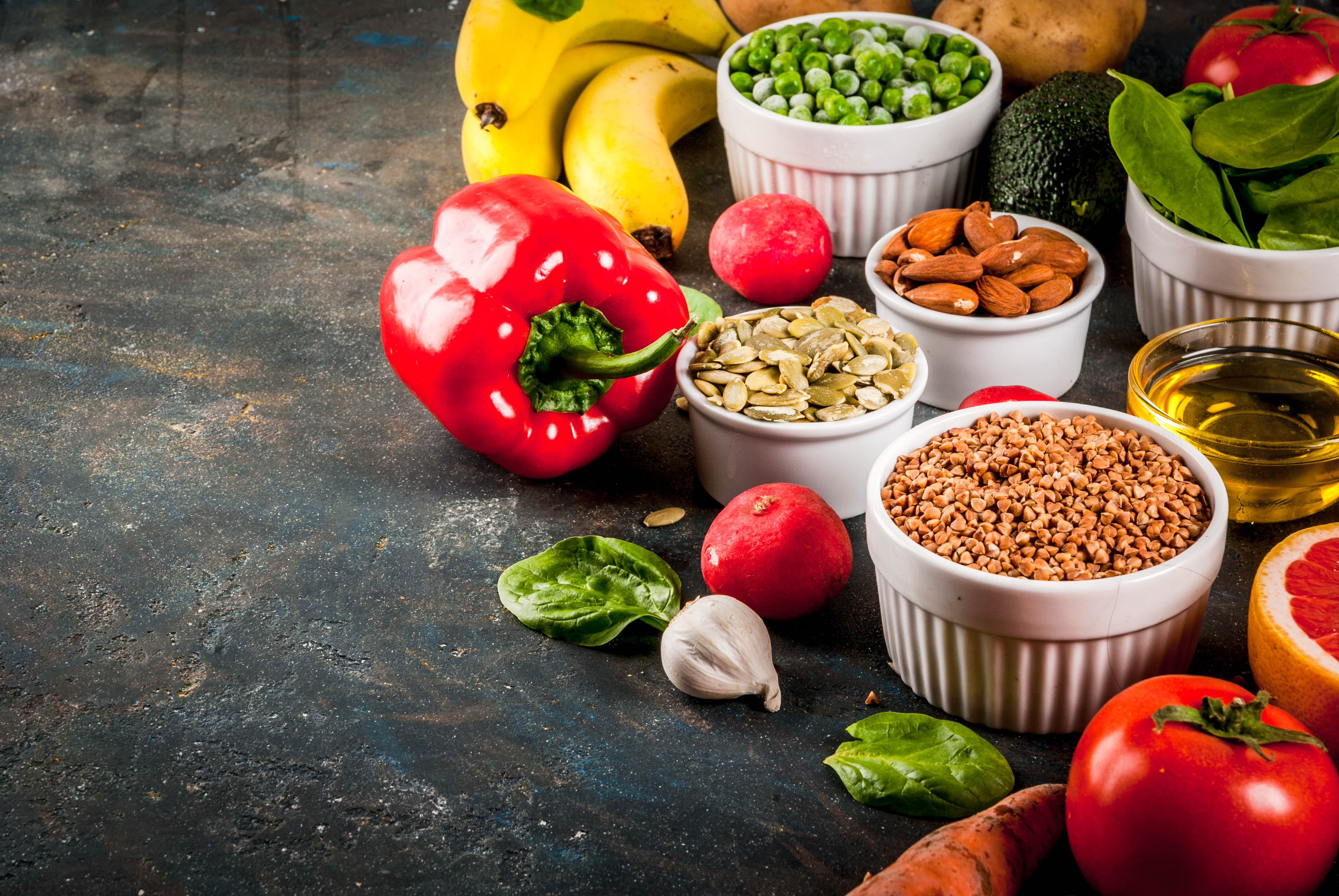
January has always been known as a month of change and goal setting when it comes to diet, wellness and your overall lifestyle. Here is my take on some current trends you may be seeing everywhere:
- Keto. As I said when I wrote about the 5 diet trends of 2019, the keto craze continues. The high-fat, very low carb way of eating puts your body into ketosis, which means you are burning fat for fuel. While there is solid science behind both keto and low carb diets, we believe Atkins is a more sustainable keto diet that affords you all the same health benefits and allows you to eat a wider variety of food while maintaining a low carb eating approach for a lifetime.
- Intermittent fasting. This goes hand-in-hand with keto lately. Intermittent fasting means you cycle between periods of eating and not eating (fasting), with the idea that you’ll lose weight by lowering your insulin levels, so your body releases stored sugar and burns it for fuel. A low carb diet like Atkins naturally cleanses your system of sugar, refined carbs and overly processed foods, but there’s nothing wrong with giving your digestion a break by fasting after your last evening meal (say, by 7 p.m.) until the next morning.
- Plant-based approaches to eating. The popularity of low carb and keto-friendly diets is just one of the reasons for an increased interest in vegetables. People are beginning to understand that while vegetables contain some carbs, they are also a valuable source of nutrients and fiber. Plants are replacing starchy or refined carbs (think potatoes, pasta and rice), making for a satisfying and colorful addition to your plate. While you don’t have to become a full-blown vegetarian or vegan to take advantage of the health benefits of a plant-based approach, it’s quite possible to follow a plant-based low carb diet. A plant-based approach also has a favorable impact on the environment, as it takes far less time and expense to grow broccoli than it does a steak. Just switching to one plant-based meal a day or plant-based day a week has a positive impact, and you’ll can even find plant-based options like burgers that actually taste good.
- Going green. From eliminating plastic straws and plastic grocery bags to tossing the plastic containers in favor of glass dishes, buying local and buying in bulk and recycling and composting, making small changes in order to pursue a more sustainable way of living continues to be popular for a very good reason: the environment.
- Emotional health. Our emotional health is tied deeply to our physical health. Chronic stress raises your cortisol levels, the stress hormone that circulates in your body and can contribute to weight gain. Stress also affects your sleep, encourages cravings and emotional eating, causes anxiety attacks, pumps up your blood pressure and more. Now more than even, it is important to learn how to manage and improve your emotional health, whether that means spending a few minutes on your favorite meditation app in the morning, mindfully journaling your intentions, taking a personal day, scheduling regular exercise sessions, eating nutrient-dense whole foods, deep breathing and focusing on getting seven to nine hours of sleep a night.